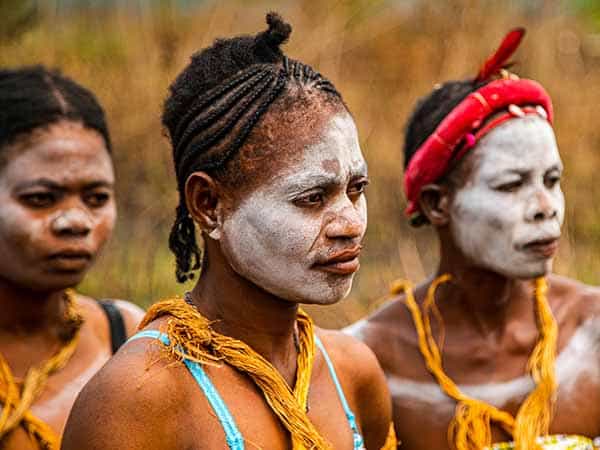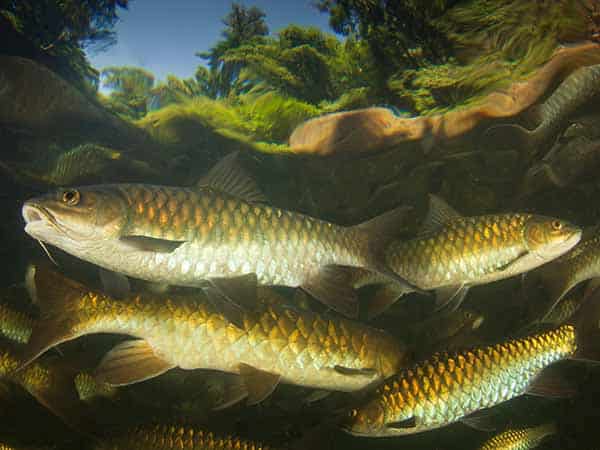Supporting critical nature conservation and restoration where it is needed most
Synchronicity Earth develops programmes and supports partners based on our research, which identifies urgent conservation challenges where there are gaps in funding and action, and threats which are not being fully addressed.
Wherever we support and fund conservation, we always try to be mindful of the bigger picture: who else is working in this area? Who are the other stakeholders with influence?
Is there room for better coordination of action for greater impact? Are there other groups and alliances we can collaborate with?
Our programmes are born from the relationships we build with partners, developing greater understanding of the local context and recognising where a more coordinated approach, both to action on the ground and to funding, can help bring about deeper change more quickly.






